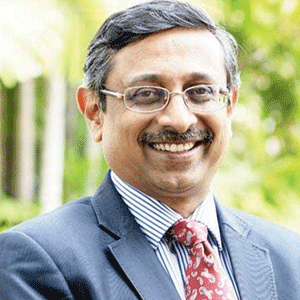Read Also
From Friction to Function: How Winc Turned Customer Feedback into Business Growth
Cara Pring, Digital & Cx Director, Winc Australia
Why Contact Centres are Becoming Strategic Hubs for Social Insight
Cindy Chaimowitz, GM Wholesale & Customer Service and Karen Smith, Head of Customer Service, Foodstuffs North Island
Why Compliance Needs a Seat at the Strategy Table
David Koh, Head, Legal & Compliance (Singapore) and Operational Risk Management Country Lead, Perpetual Limited
Streamlining Operations and Empowering Teams in Facilities Management
Shaye Rogers, Workflow Support Manager, Cushman & Wakefield
Technocreativity: The Synergy Of Technology And Creativity
Tran Nguyen Phi Long, Group Head Of Retail Marketing, Pnj Group
Leading It And Digital Transformation At Ikea: Insights From An Industry Veteran
Sigit Triwibowo, Head Of It And Digital, Chief Technology And Digital, Ikea
Executive Leadership And Digital Transformation In The Global Fashion Industry
Eiko Ando, E-Commerce And Digital Director, Pvh Corporation
Digital Transformation in Fashion Retail - From Efficiency to Experience
Le Van, CTO, YODY Fashion























